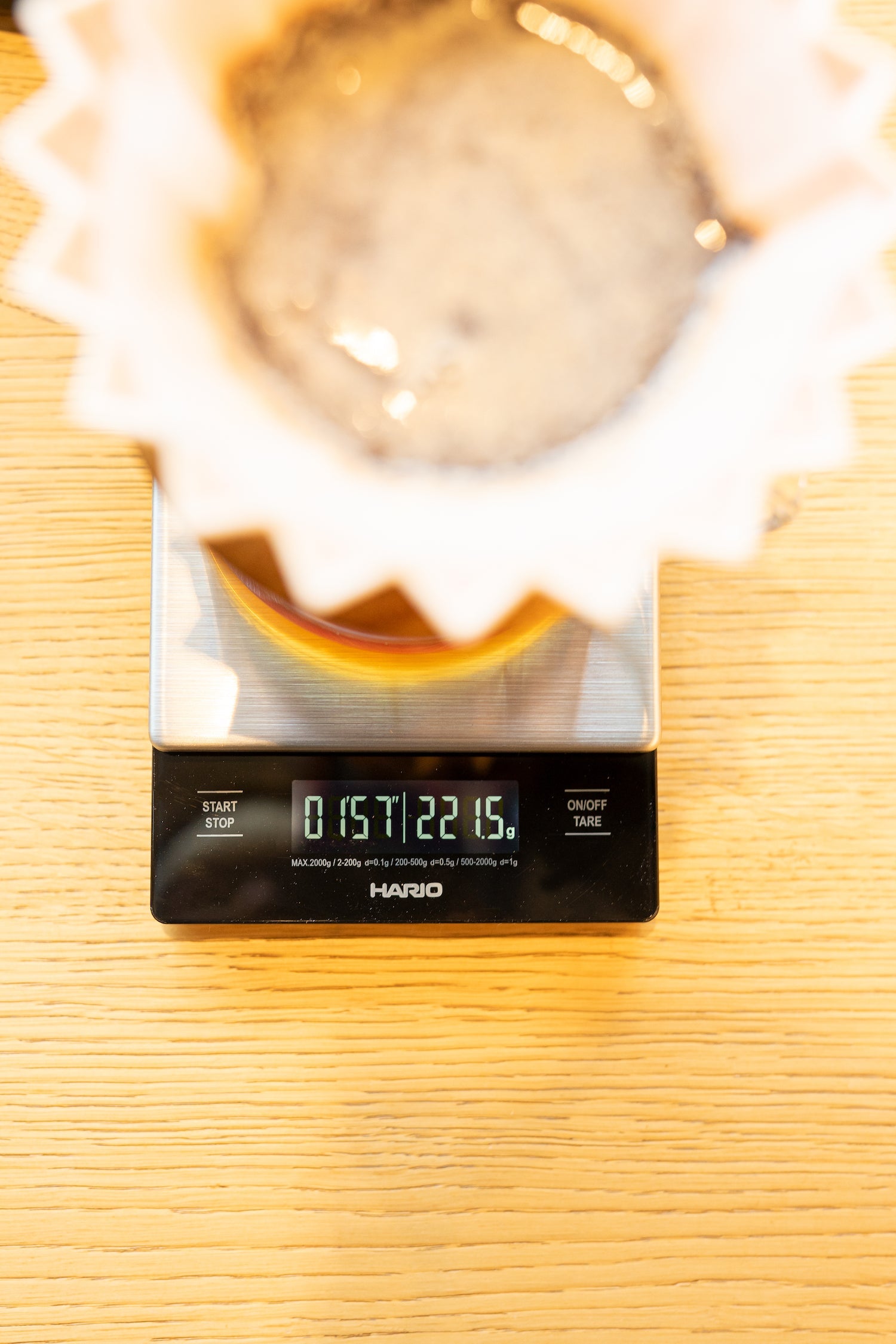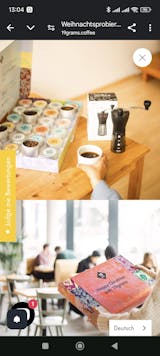Who hasn't experienced this: You brew a coffee for friends who don't know anything about specialty coffees, and their eyes fall out of their heads when they see you get out a scale and weigh everything to the nearest 0.1 gram.
Yes, we coffee nerds sometimes have a reputation for being overly concerned with details and very picky about how we prepare our coffee. But not all elements of the recipe need to be so precise. Filter coffee, for example, isn't quite as temperature-dependent as you might think. We talked to Joel, our trainer at 19grams, about why you don't necessarily need to get out your thermometer either.
In my opinion, temperature is only a minor variable when it comes to brew quality and flavor matching. I've seen some people focus on that, and I think it's a red herring. My belief is always stick to a specific recipe and adjust it until you are happy with it. Keep the variables as consistent as possible, right down to the way you breathe while you brew your coffee. The variable you should focus on after all of this is perfecting the brewing method and finally choosing a very good grind and focusing on the distribution of coffee and water.
Thinking about the temperature when brewing, I think it is very important that the dripper and the vessel in which you brew are well preheated, so that the brewed coffee is not cooled by the device and the water does not cool when it comes into contact with the coffee bed, which inevitably leads to cooling of the water.
Basically, it's important that the temperature at which you brew remains as constant as possible. For example, you can keep the temperature constant by not pouring from a great height - the water cools as it falls out of the kettle.
Suppose you can keep your brewing temperature as constant as possible. Maybe you're in a temperature-controlled glass box where the environment can't change the temperature, and you've heated all the brew equipment (dripper, vessel, and filter paper) to the same temperature as the water. I mention this because the loss of heat (energy) is something that can impact so easily, and because there are so many factors to consider that it's almost impossible to keep the temperature completely constant while brewing.
Let's say you can set the temperatures however you want. The ideal range is between 92°C and 96°C. I've even seen people brew an Aeropress at 88°C. There is a perception that this small adjustment can affect the flavor of the brew, and that different temperatures bring out different flavors. This is true if you change the temperature a lot, but in this small range and with filter brewing, the effect is very negligible. With espresso, there may be more negative, noticeable impact simply because the espresso preparation is different.
But with filter brewing, at a certain point, the temperature is hot enough to extract the flavor from the coffee, and that's all that's needed. The next stage becomes more apparent when the water is too hot and the roast and bitter flavors of the coffee become more prominent. I think this is more noticeable with darker roasts, where you should adjust the temperature. I might use a lower temperature, but to be honest, I just use a coarser grind for darker roasts so that the water doesn't spend too long in contact with the coffee bed and the bitter notes come out.
If you brew a V60 at 88°C, the flavor won't change much. A bigger problem would be if your method is inconsistent and the water is poured differently each time. For example, if the water flow rate is sometimes higher and sometimes lower, the bed will be agitated, which will have a bigger impact on the finished brew than a few degrees change in temperature.
Maybe I'm old-fashioned, but I think it's important to have a fixed recipe within the recommended brewing parameters (e.g., 1 g of coffee to 16.6667 g of water) and then perfect your method to eliminate all possibility of error, leaving only the grind strength to adjust. Basically, you just need to determine a grind size that matches the density of the bean you're using, and not worry too much about the temperature as long as it's constant.
If you want to read a little more about this and know what the science says.... READ HERE!
If you want to dive deep into filter coffee rabbit hole with Joel, visit our professional filter brewing class.




